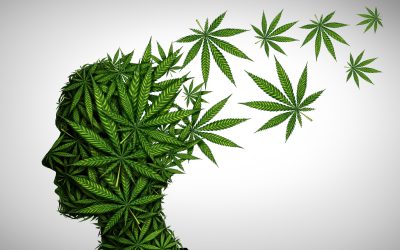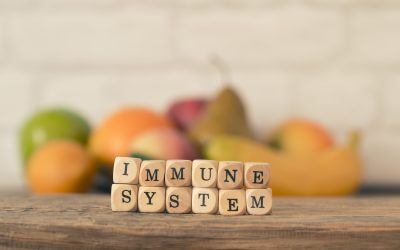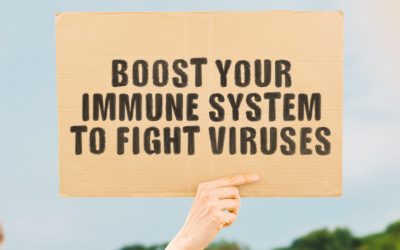Which Cannabinoids and Terpenes Help with Pain?
Over 20% of Americans live with chronic pain. Enduring pain every day is enough to make even the most upbeat person wonder if life is worth living. Conventional pain medications often make the problem worse, and natural treatments frequently fail to help. What if the...
Which Cannabinoids and Terpenes Help with Focus?
To get what we want in life, it’s necessary to focus and concentrate. All too often, however, life’s constant distractions tear us away from the flow state we cherish. What if your latent ability to concentrate were genetically determined? Even better, what if certain...
Which Cannabinoids and Terpenes Help With Anxiety?
It’s natural to feel afraid, overwhelmed, or fatigued from time to time. If fearfulness has become your default outlook, however, you might suffer from generalized anxiety disorder (GAD) or another form of anxiety condition. Prescription anxiety treatments have...
Is your cannabis getting you too high? Use your DNA to manage THC side effects.
Discover how your genetics can alert you to your risks for adverse events with THC.
Immunity is in your genes: What your DNA can tell you about your immune health.
What your DNA can tell you about your immune health and why you should have your DNA analyzed.
Follow these 7 science-backed tips to keep your immune system healthy.
Stay healthy all year long with these immune-boosting tips. Plus, get your free immune function report below.
Meet Dr. Michelle Weiner
Get to know Dr. Michelle Weiner, Medical Advisor to Endocanna Health.At Endocanna Health, cannabis is personal. It’s our life’s work. Collectively, our professional staff has decades of experience studying and researching plant medicine, biotech innovations, and the...
Which Cannabinoids and Terpenes Help With Sleep?
Good sleep can seem hard to come by. What if the best way to sleep better was to target your specific genetic profile with natural compounds?
When Getting High Gets You Angry. What Your DNA Can Tell You.
Nearly 70% of the general population is genetically predisposed to experiencing aggressive behavior and could be at risk for an adverse event with THC..[1*] In other words, under certain conditions, approximately seven in ten people may act in a way that poses risk to themselves or another person.
Is THC Making You Feel Depressed? Your DNA can tell you why
Adverse events with THC can leave you confused, afraid, or wondering if cannabis therapy is right for you—especially if you experience feelings of sadness or disinterest with cannabis.
Is Cannabis Making Your Insomnia Worse? There’s a fix for that
If you’re considering using cannabis for any reason, you should know your risks of experiencing adverse events with THC. With the right knowledge, precautions, and cannabinoid and terpene formulations, you can achieve the optimal experience for your therapeutic needs and mitigate symptoms of insomnia as an adverse event with THC.
Klutzy When You’re High? What Your DNA Says About THC and Your Wonky Hand-Eye Coordination
Approximately 42% of the general population is genetically predisposed to psychomotor control impairment and may experience clumsiness or difficulty with coordination as a result of THC.[1*]
Hallucinations and Paranoia with THC: What You Need to Know and How to Prevent It
Experiencing adverse events with cannabis is manageable. Think of it like this: the cannabis formulations you’re currently using aren’t optimally compatible with your DNA. To mitigate adverse reactions, you’ll want to use cannabis formulations that don’t trigger your unique genetic predisposition to experiencing symptoms of psychosis.














